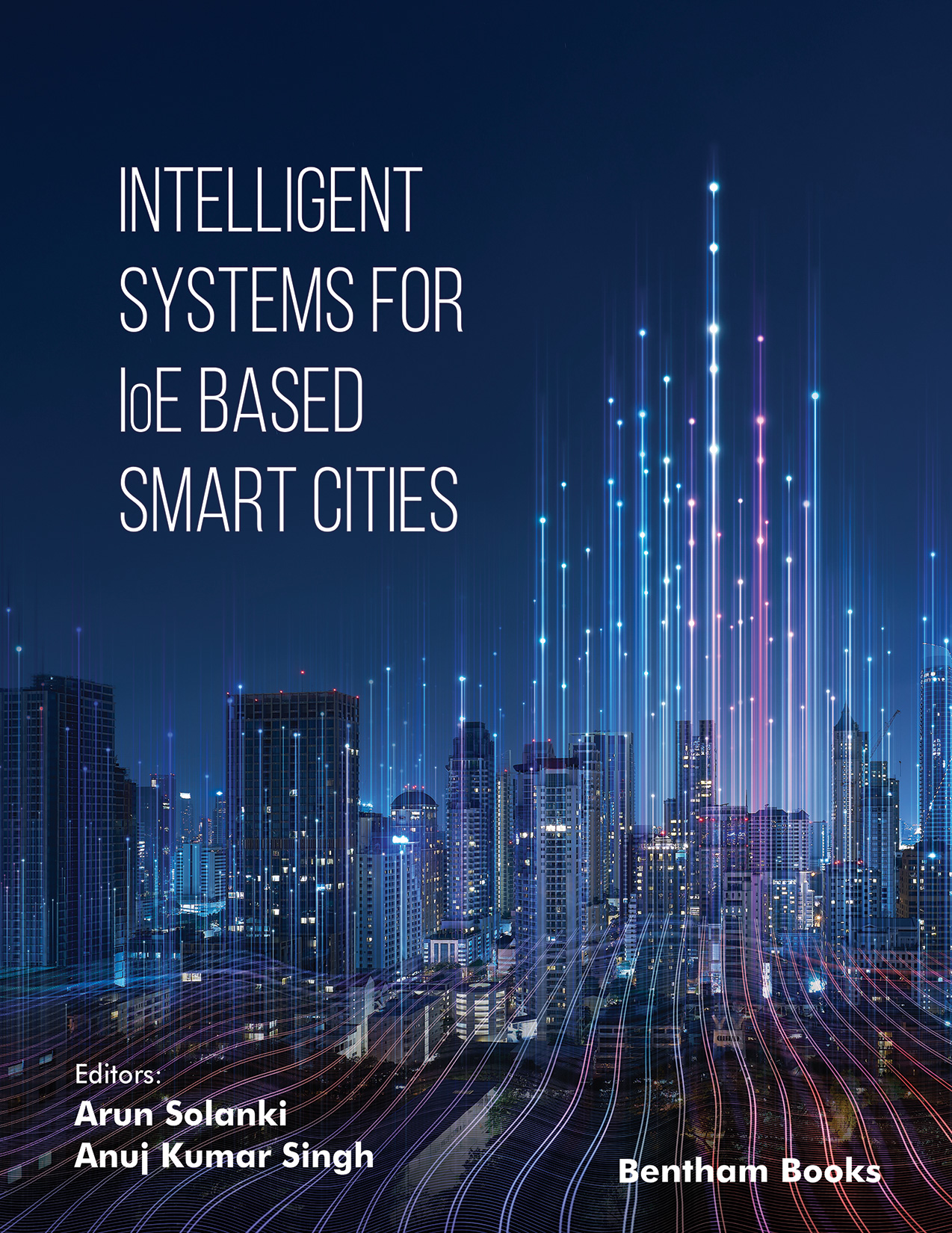Introduction
Intelligent Systems for IoE Based Smart Cities provides simplified information about complexities of cyber physical systems, the Internet of Everything (IoE) and smart city infrastructure. It presents 11 edited chapters that reveal how intelligent systems and IoE are driving the evolution of smart cities, making them more efficient, interconnected, and responsive to the needs of citizens.
The book content represents comprehensive exploration of the transformative potential and challenges of IoE-based smart cities, fueled by Artificial Intelligence (AI) and Machine Learning (ML) innovations.
Key Topics:
- - Physical layer design considerations that underpin smart city infrastructure
- - Enabling technologies for intelligent systems within the context of smart computing environments
- - Smart sensors and actuators, their applications, challenges, and future trends in IoE-based smart cities
- - Applications, enabling technologies, challenges, and future trends of IoE for smart cities.
- - The integration of Artificial Intelligence, Natural Language Processing, and smart cities for enhanced urban experiences
- - machine learning-based intrusion detection techniques for countering attacks on the Internet of Vehicles
- - Smartphone-based indoor positioning applications using trilateration and the role of sensors in IoT ecosystems
- - IoT, blockchain, and cloud-based technology for secure frameworks and data analytics
- - Blockchain and smart contracts in shaping the future of smart cities.
This is a timely reference for researchers, professionals, and students interested in the convergence of IoT, intelligent systems and urban studies into smart city planning and design.
Audience: Researchers, professionals, and students interested in the convergence of IoT, intelligent systems and urban studies into smart city planning and design.

